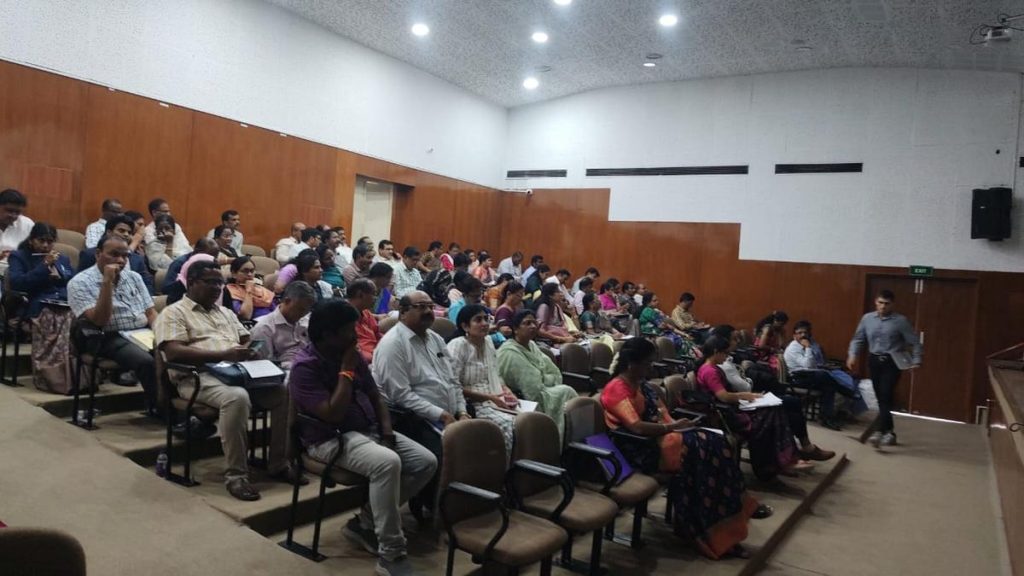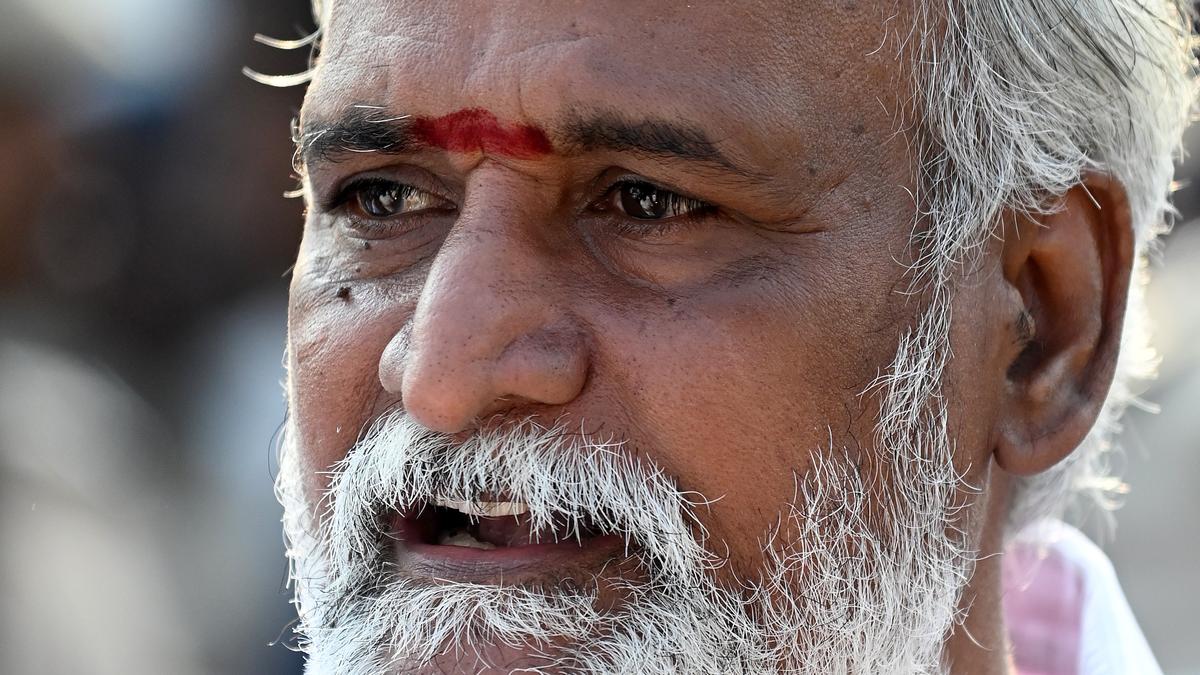Now Reading: SFI Protest Against Kerala Governor’s University Policies Turns Violent
-
01
SFI Protest Against Kerala Governor’s University Policies Turns Violent
SFI Protest Against Kerala Governor’s University Policies Turns Violent
Rapid Summary
- Event: SFI march against Kerala Governor Rajendra Arlekar in Thiruvananthapuram turned violent.
- Reason for Protest: Allegations that the Governor is attempting to “saffronise” State-funded universities through appointments of RSS-linked personnel like Mohanan Kunnumal as temporary Vice Chancellor.
- Police Action: Police deployed barricades and used water cannons, red banners, bugles, and threatened tear gas to disperse protesters.Approximately 200 activists were booked but not arrested.
- SFI Position: Leaders claimed the protest was an existential struggle to preserve autonomy, democracy, and secularism in State-funded universities amidst alleged RSS influence. They promised peaceful dispersal post-march.
- Leader of Opposition Criticism: V.D. Satheesan criticized SFI’s methods as “hooliganism.” In retaliation, SFI leaders accused him of siding with RSS ideology based on past actions.
- Traffic Disruptions: The arterial road connecting Vellayambalam-Kowdiar was shut down due to the protests; detours created challenges for commuters.
Indian Opinion Analysis
The protest highlights growing tensions in Kerala’s academic governance as accusations fly regarding ideological interventions by gubernatorial decisions. The Students’ Federation of India frames this situation as a larger battle over constitutional principles like autonomy and secularism within public education institutions-a narrative likely resonating across polarizing political divides.
On governance implications, frequent clashes between Governors’ actions and state governments reflect worsening coordination between constitutional authorities. Such contention risks eroding public confidence in higher education systems that stand pivotal not onyl to Kerala’s identity but also India’s broader developmental goals tied closely with academic progress.
From a law-and-order standpoint, while the demonstrators emphasized their commitment to peaceful dissent, disruptions caused by large-scale protests may polarize public sentiment further-between support for democratic activism versus concerns about operational instability and traffic hindrances affecting daily lives.
























